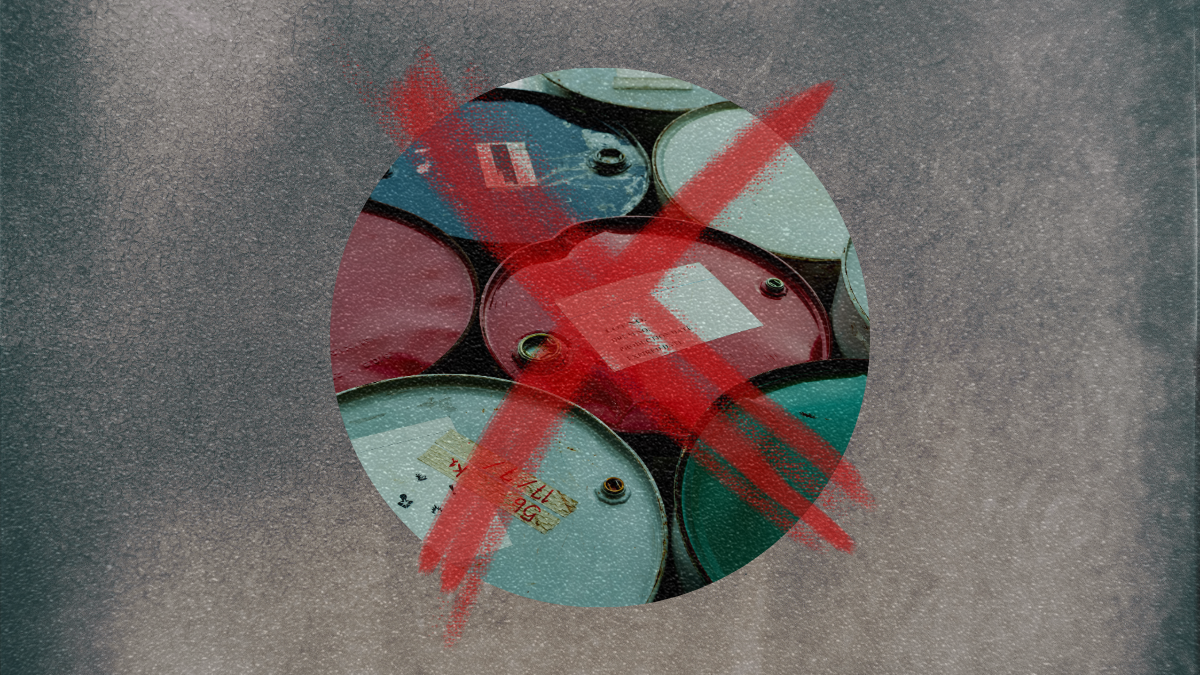Source: News & Observer
The Environmental Protection Agency (EPA) has abruptly reversed its approval of Chemours’ plan to ship GenX-laced wastewater to its North Carolina plant for recycling, citing inaccurate information provided by the chemical giant.
This comes as a major victory for environmental advocates and residents who have been battling Chemours’ GenX pollution for years. The forever chemical has contaminated the drinking water of hundreds of thousands in North Carolina.
The initial approval in September allowed Chemours to send a whopping 4.4 million pounds of GenX-laden wastewater annually – ten times what the Fayetteville Works facility could handle.
“We appreciate that the EPA heard the concerns shared by the Governor and the residents directly affected by PFAS contamination from Chemours. North Carolina is committed to reducing PFAS pollution and today’s reversal aligns with that goal,” DEQ Secretary Elizabeth Biser said in a statement.
Chemours, however, claims they “proactively disclosed” the error and that the actual amount is much less. They also maintain that recycling GenX is environmentally friendly compared to producing new batches.
But residents and environmental groups aren’t buying it. “Chemours cannot be trusted,” declared Geoff Gisler of the Southern Environmental Law Center. “They’ve poisoned our state with GenX, and we won’t let them dump more here.”
The controversy drew international attention, with UN human rights officials questioning both Chemours and the Netherlands, the origin of the shipments, about potential violations.
Politically, the issue was a hot potato. Governor Cooper, who appointed EPA chief Michael Regan, slammed the initial approval as a “significant setback” for North Carolina’s fight against PFAS. Even Republicans like Senator Tillis and Representatives Hudson and Rouzer expressed their disapproval.
With the shipments halted, the future of GenX remains uncertain. The EPA is still considering classifying it as hazardous and regulating it in drinking water. But for now, North Carolinians can breathe a sigh of relief knowing they won’t be guinea pigs for Chemours’ dubious recycling experiment.





